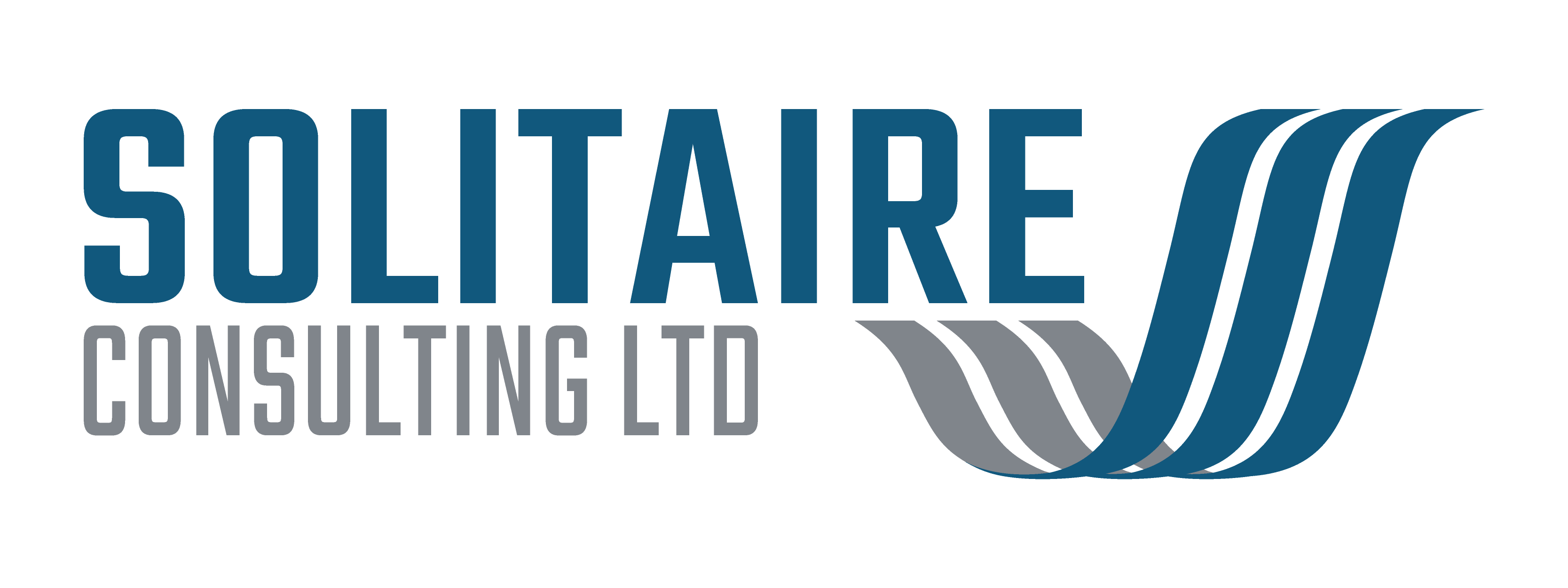Because we have brains that are hardwired to think linearly – but live in a world that can change exponentially…
I attended a great seminar yesterday at the City Business Library in London presented by Peter Duschinsky and titled “How to manage complex change projects”. As well as being interesting and thought provoking it was free!
Much of what Peter said is described on his website and in his book “The Change Equation” (available from Amazon – and plugged several times during the session! ) so I am not going to reproduce it here. However, the reason for this post is to share a key moment for me, which I found quite disturbing.
During the session Peter was describing some examples of complex projects that failed catastrophically, both in the public and private sectors. The common factor in all of them was lots of small errors, that on their own would not have caused the project to fail, but when combined caused an exponential rise in complexity. In these situations traditional management techniques fail to rectify the situation.
What really struck me was the graph below showing world population growth at an exponential rate:
… and consumption of resources is following close behind i.e. our energy use is depleting the earth’s natural resources exponentially. Climate change is also following an exponential profile.
This is scary stuff!
“The greatest shortcoming of the human race is our inability to understand the exponential function. We live in a world that can change exponentially – but we have brains that are hardwired to plot things out linearly – the software in our brains compels us to think about progressions as being simple arithmetic ones
So as a species, and a society, we deal poorly with uncertainty in non-linear domains.”
Professor Albert Bartlett, emeritus Professor of Physics, University of Colorado.
So where does this leave us?
As a human race – I don’t know!
As a Change Manager it is a lot simpler. The complexity of a project is usually UNDERESTIMATED, therefore we can use some of the techniques in Peter’s book to help understand and quantify this complexity and then we can take the appropriate course of action to deliver our change. This will usually be to break it down into smaller less complex projects.
This is great when you have the time or opportunity to think about this before the project has started, but not so helpful when you are already at the point of being overwhelmed! For more help with managing change why not check out my website for some tips and guidance.
Unfortunately it may be too late for some of the complex problems we are currently facing…






5 responses
Paul
Saw your reference to the seminar.
And your point that “This is great when you have the time or opportunity to think about this before the project has started, but not so helpful when you are already at the point of being overwhelmed!
I agree – but that’s when people start looking for ways to sort out the mess, unfortunately. So its all very well asking them to improve their capability to cope with change ahead of the day… My experience is that you only get to that point after having dug them out of the immediate hole.
I’d be interested to explore with you how you deal with that situation and how we could combine these approaches…
Lets speak soon
Peter,
I haven’t come across a ‘one size fits all’ solution to this situation where the pressing requirement is to get the client out of the hole as quickly as possible – or at least to get them to a point where they can look at the problem a little more rationally than they currently are. One government project I was involved in a number of years ago springs to mind where the organisation was spending large sums on consultants with the project going nowhere. In this case the right answer was to stop the project, take stock, de-scope and then restart with a new focus.
However, it sometimes can take quite a while to get to this point. I have found executives generally prefer to keep going and try to rescue a failing project rather than stop it and re-form into manageable deliverables.
I agree – but they need something tangible to understand what is going wrong and why. I suspect I need to rebrand the Project Readiness Healthcheck to something which sounds like it will do that… At the moment it appears to relate only to the planning stage of a project.
…and I need to read your book (which is on a pile on my desk!) to better understand your Project Readiness Healthcheck. It would appear to fit the bill here, but as you say may need rebranding.
Paul
I’ll wait till you have read the book (at least the bits you are interested in!) and then we should get together to discuss further
PeterD